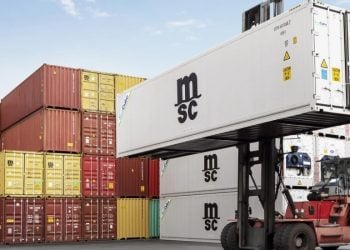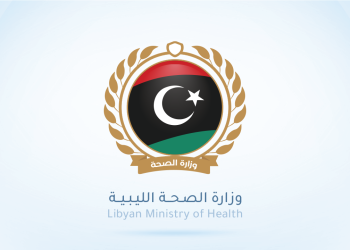By Sami Zaptia.

London, 22 July 2020:
A former official at the Libyan Foreign Bank (LFB), Mohamed Hamuda, said that the country’s continued oil blockade will lead to further austerity measures in the coming period by the Tripoli-based Libyan government.
Speaking on Libyan TV on Saturday, Hamuda explained that the suspension of Libya’s oil exports since January this year directly affected the state budget of both Libya’s contesting governments in the east and west.
He added that recently published Central Bank of Tripoli data showed the magnitude of the significant decline in revenues, which has caused a reduction in public spending. This, be proposed, will mean more austerity in the coming period because of the deficit, the impact of the Coronavirus crisis, and Libya’s wars that has been ongoing, on and off, since the 2011 revolution.
The former bank official pointed out that the continuation of the status quo until the end of this year could affect not only the economy, but also the social situation of Libyans through the impact of low-income on families and the thousands of war-displaced, and have a negative effect on the level of transparency and corruption.
Hamuda proposed that Libyans abandon the idea of relying on oil for money. He proposed that Libya should diversify its sources of income away from oil and move towards the private sector. He proposed that the country’s oil revenues should be used for investment, not spending. He called for a trend towards industry and taking advantage of other available resources rather than relying on oil as a single source of the country’s revenues.










